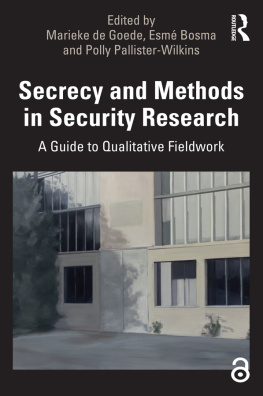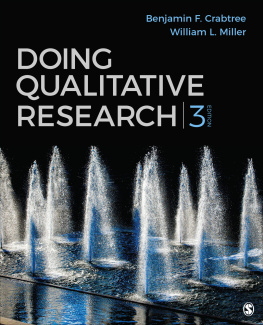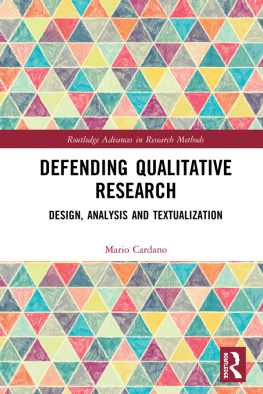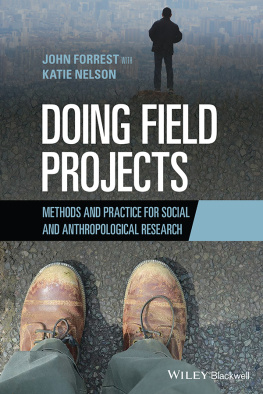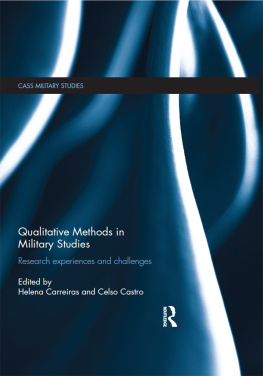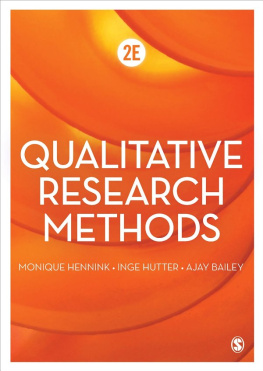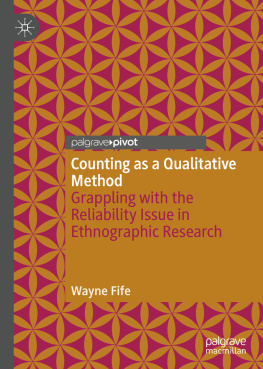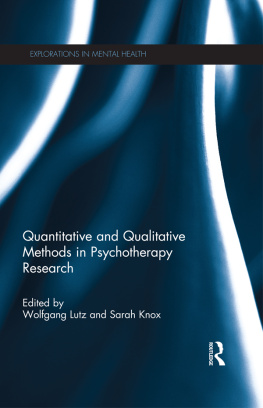Secrecy and Methods in Security Research
This book analyses the challenges of secrecy in security research, and develops a set of methods to navigate, encircle and work with secrecy.
How can researchers navigate secrecy in their fieldwork, when they encounter confidential material, closed-off quarters or bureaucratic rebuffs? This is a particular challenge for researchers in the security field, which is by nature secretive and difficult to access. This book creatively assesses and analyses the ways in which secrecies operate in security research. The collection sets out new understandings of secrecy, and shows how secrecy itself can be made productive to research analysis. It offers students, PhD researchers and senior scholars a rich toolkit of methods and best-practice examples for ethically appropriate ways of navigating secrecy. It pays attention to the balance between confidentiality, and academic freedom and integrity. The chapters draw on the rich qualitative fieldwork experiences of the contributors, who did research at a diversity of sites, for example at a former atomic weapons research facility, inside deportation units, in conflict zones, in everyday security landscapes, in virtual spaces and at borders, bureaucracies and banks.
The book will be of interest to students of research methods, critical security studies and International Relations in general.
Marieke de Goede is Professor of Political Science at the University of Amsterdam. She is author of Speculative Security: the Politics of Pursuing Terrorist Monies and Associate Editor of Security Dialogue. She currently holds a Consolidator Grant of the European Research Council (ERC) called FOLLOW: Following the Money from Transaction to Trial.
Esm Bosma is a Doctoral Candidate at the Department of Political Science of the University of Amsterdam and a member of project FOLLOW, funded by the European Research Council. For her research project she has conducted field research inside and around banks in Europe to analyse counter-terrorism financing practices by financial institutions. She has taught qualitative research methods to political science students and holds a masters degree in Political Science from the University of Amsterdam.
Polly Pallister-Wilkins is an Assistant Professor in the Department of Political Science, University of Amsterdam. Her work has been published in Security Dialogue, Political Geography and International Political Sociology amongst others. She is a principal investigator in the European Union Horizon 2020 project ADMIGOV: Advancing Alternative Migration Governance looking at issues of humanitarian protection in wider systems of migration governance.
First published 2020
by Routledge
2 Park Square, Milton Park, Abingdon, Oxon OX14 4RN
and by Routledge
52 Vanderbilt Avenue, New York, NY 10017
Routledge is an imprint of the Taylor & Francis Group, an informa business
2020 selection and editorial matter, Marieke de Goede, Esm Bosma, Polly Pallister-Wilkins; individual chapters, the contributors
The right of Marieke de Goede, Esm Bosma, Polly Pallister-Wilkins to be identified as the authors of the editorial material, and of the authors for their individual chapters, has been asserted in accordance with sections 77 and 78 of the Copyright, Designs and Patents Act 1988.
With the exception of Introduction, no part of this book may be reprinted or reproduced or utilised in any form or by any electronic, mechanical, or other means, now known or hereafter invented, including photocopying and recording, or in any information storage or retrieval system, without permission in writing from the publishers.
Introduction of this book is available for free in PDF format as Open Access from the individual product page at www.routledge.com. It has been made available under a Creative Commons Attribution-Non Commercial-No Derivatives 4.0 license.
Trademark notice: Product or corporate names may be trademarks or registered trademarks, and are used only for identification and explanation without intent to infringe.
British Library Cataloguing-in-Publication Data
A catalogue record for this book is available from the British Library
Library of Congress Cataloging-in-Publication Data
Names: Pallister-Wilkins, Polly, editor. | Goede, Marieke de, 1971 editor. | Bosma, Esm, editors.
Title: Secrecy and methods in security research : a guide to qualitative fieldwork / edited by Marieke de Goede, Esme Bosma, Polly Pallister-Wilkins.
Description: Abingdon, Oxon ; New York, NY : Routledge, 2019.
Identifiers: LCCN 2019014050 (print) | LCCN 2019981127 (ebook) | ISBN 9780367027230 (hardback) | ISBN 9780367027247 (paperback) | ISBN 9780429398186 (ebook)
Subjects: LCSH: Official secretsResearchMethodology. | Confidential communicationsResearchMethodology. | Security systemsResearchMethodology. | Secrecy.
Classification: LCC JF1525.S4 .S49 2019 (print) | LCC JF1525.S4 (ebook) | DDC 001.4/33dc23
LC record available at https://lccn.loc.gov/2019014050
LC ebook record available at https://lccn.loc.gov/2019981127
ISBN: 978-0-367-02723-0 (hbk)
ISBN: 978-0-367-02724-7 (pbk)
ISBN: 978-0-429-39818-6 (ebk)
Typeset in Bembo
by Apex CoVantage, LLC
Anthony Amicelle is an associate professor in criminology at the University of Montreal. His research examines practices of policing, surveillance and intelligence at the interface of finance and security, with a particular focus on new technologies of control. His recent publications include Suspicion-in-the-making: Surveillance and denunciation in financial policing (British Journal of Criminology, 2018 with Vanessa Iafolla) and Policing through misunderstanding: Insights from the configuration of financial policing (Crime, Law and Social Change, 2018).
Jonathan Luke Austin is lead researcher at the Violence Prevention (VIPRE) Initiative of the Graduate Institute of International and Development Studies, Geneva. His work has been published and/or is forthcoming by European Journal of International Relations, International Political Sociology, Security Dialogue, Review of International Studies, Cambridge University Press, and elsewhere.
Marie Badrudin is a doctoral candidate in criminology at the University of Montreal. Her ethnographical dissertation focuses on the regulation of financial markets as well as law enforcement regarding insider trading and market manipulation. She is a recipient of the Social Sciences and Humanities Research Council doctoral scholarship for her research examining practices of surveillance and policing in relation to financial crime.


